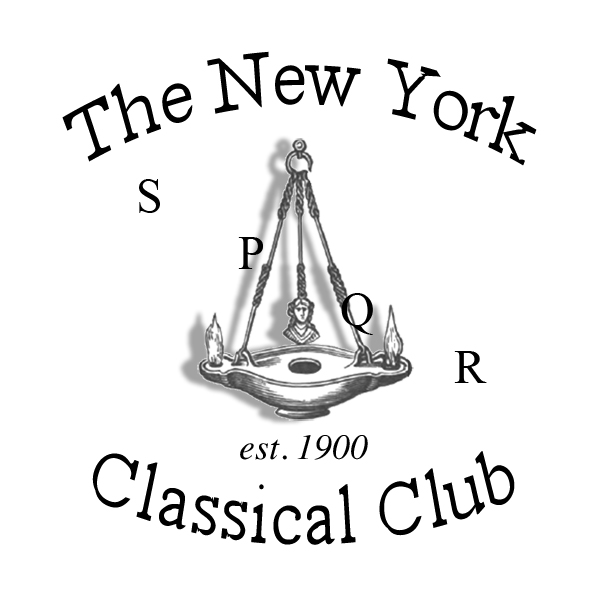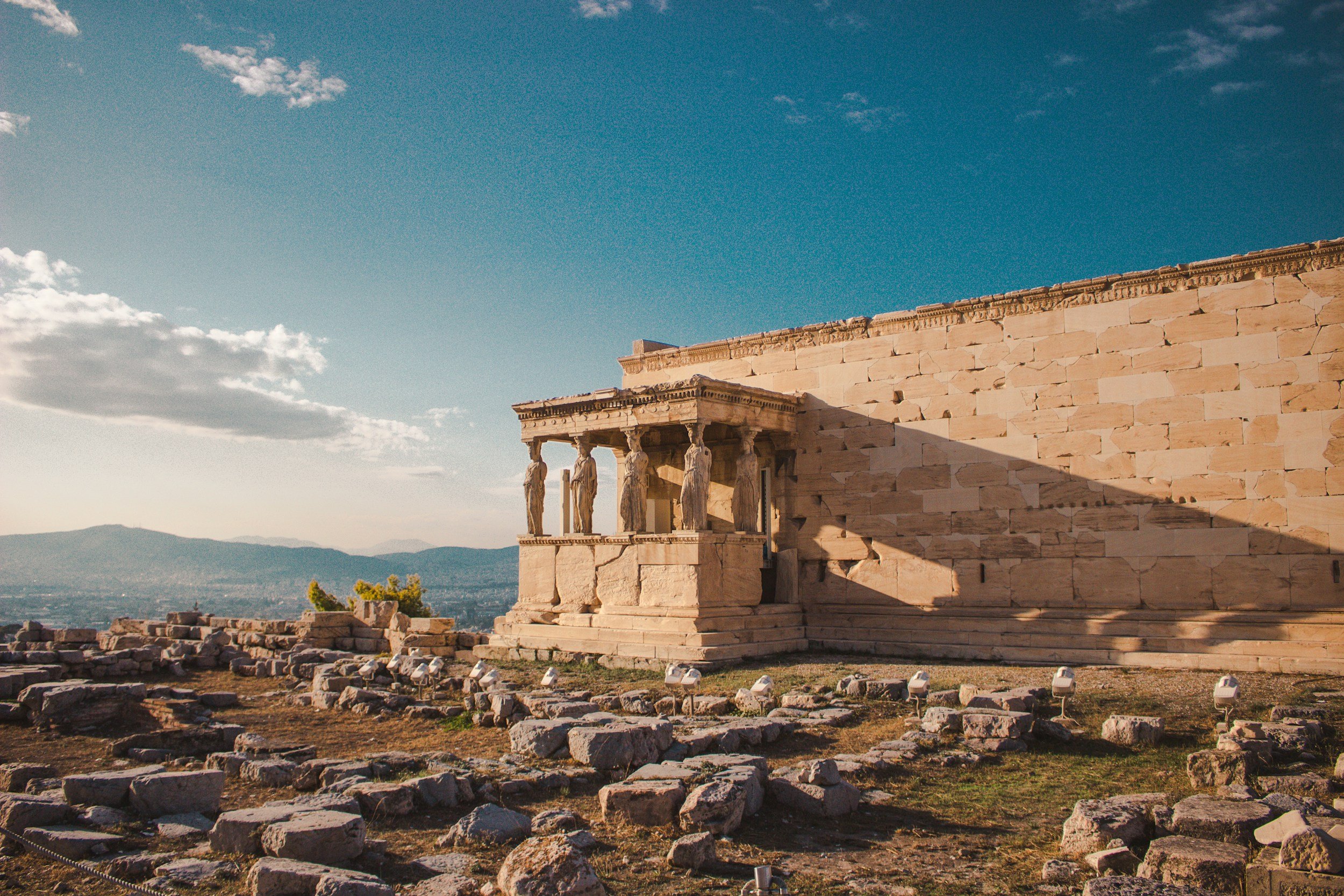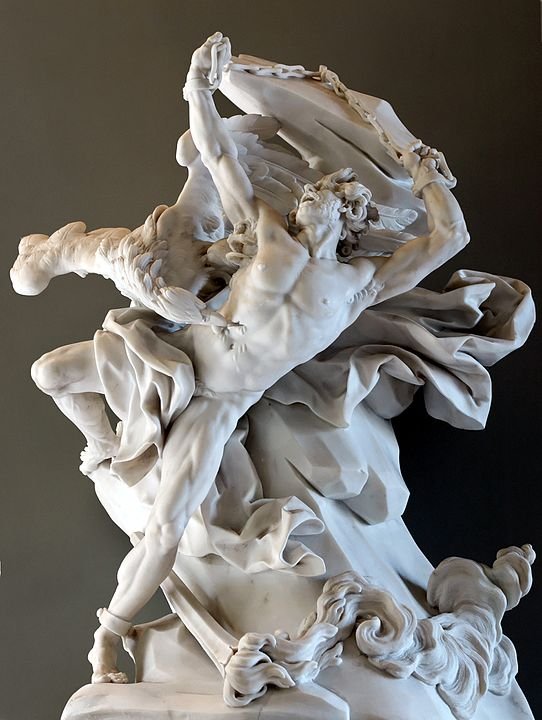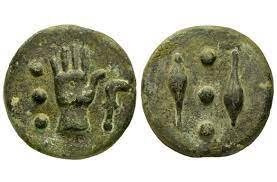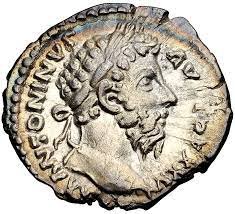
High School Translation & Recitation Contest 2025
The New York Classical Club invites you to send your students to this year’s Latin Sight Translation Contest for High School Students and to the second High School Latin Recitation/Reading Contest.
This year’s competitions will be held on Saturday, April 26th from 12:00 PM - 4:00 PM at The Nightingale-Bamford School (20 East 92nd St., between Madison and 5th Ave.) in Manhattan. The translation contest will take place from 12:00-1:30, and the recitation/reading contest will follow from 2:00-4:00. There will be some light refreshments available from 1:30-2:00. Monetary prizes will be awarded to the top three elocutionists in prose and poetry and to the top three translators in each of the five divisions of the competition.
If you are sending students to the translation contest, please fill out this registration form by Friday, April 18th. We ask that you limit your registration to three students per level (thus, a maximum of 15 students per school).
The different levels for this competition are:
Caesar – Division I Cicero – Division II Ovid – Division III
Vergil – Division IV Horace – Division V
Please note that all divisions will have appropriate vocabulary help, which we hope will encourage students to participate.
For the recitation/reading contest, students may choose from the following passages, for Latin Prose, Cicero's In Catilinam 1.7 and for Latin Poetry, Ovid's Metamorphoses 3.660-689. You can find the passages for the recitation/reading contest at the end of this email. Please note that students are not required to memorize the passages and are able to read from a script. If you have students participating in the recitation/reading contest, we ask that you fill out this form by Friday, April 18th.
If you are bringing students, please volunteer to stay and proctor one of the contests; this year's event promises to be full of memorable moments, and we would so appreciate your presence and help.
Thank you, and we look forward to seeing you and your students at the Latin Sight Translation Contest for High School Students and the inaugural High School Latin Recitation/Reading Contest on Saturday, April 13th at 12:00.
